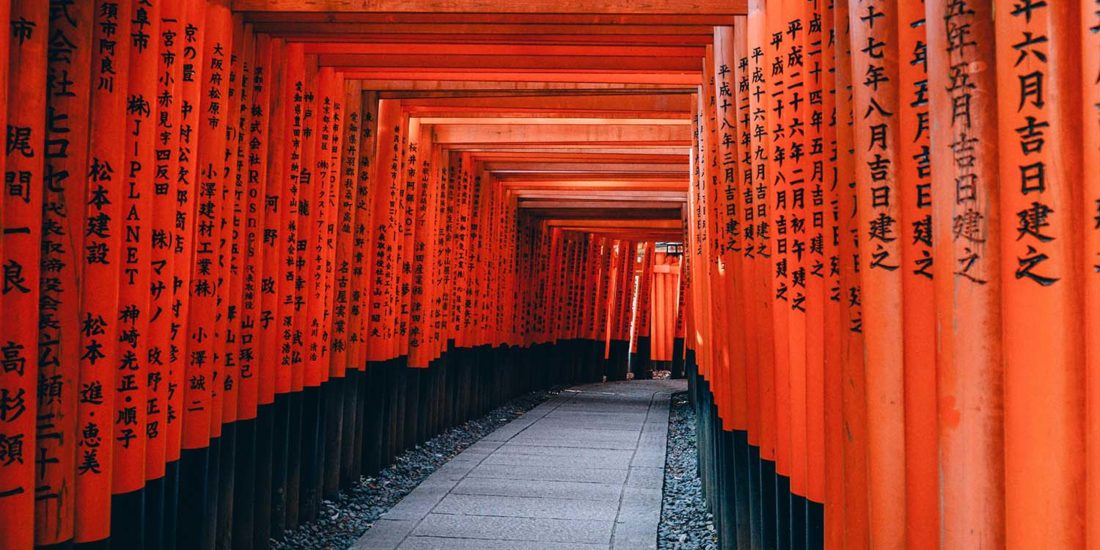The ongoing impact of religion on the state (and vice versa) remains an "evergreen" and controversial phenomenon in many countries of the world. Today, the split on national lines between the Christian Orthodox Church in Russia and Ukraine reveals once again how religions are both impacted by and impact upon nations at war. Even more recently, the relationship between Sweden and Turkey became strained due to the burning of the Quran by a right-wing group in the former country, and support for Kurdish groups fighting for their freedom from Turkey, but which Turkey views as terrorist groups.
The purpose of this panel is to introduce recent examples in Japan at both the national and local levels that illustrate the ongoing conflict that Japan, too, has in this regard. Professor Frank Ravitch will discuss relevant developments in Japan at the national level that followed in the wake of the assassination of former Prime Minister Shinzo Abe on July 8, 2022. These developments led to the linking of both Abe and numerous other Japanese politicians to the controversial Unification Church (also known as the "Moonies"). Prof. Ravitch will discuss the current attempts in the Japanese Diet to craft legislation that will make it easier to ban religious organisations that are accused of exerting undue pressure on their adherents to donate large sums of money to their religion of choice.
Dr Brian Victoria will introduce both sides of an ongoing court case in Kyoto concerning a local city government-affiliated neighbourhood association that stands accused of allocating some of its yearly membership funds to support activities of area Shinto shrines and Buddhist temples. This violates the postwar Japanese Constitution, specifically Article Twenty of which states in part: "Freedom of religion is guaranteed to all. No religious organisation shall receive any privileges from the state, nor exercise any political authority. No person shall be compelled to take part in any religious act, celebration, rite, or practice." The question will be asked whether this and other similar neighbourhood associations throughout the country are simply protecting long-established Japanese customs and culture, or, on the contrary, violating the constitution by contributing membership funds to specific religious organisations.
Read presenters' biographies
